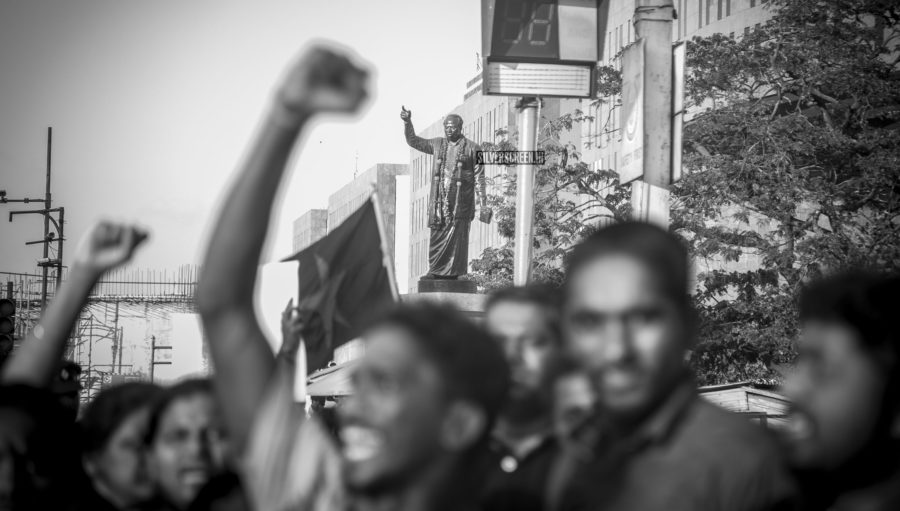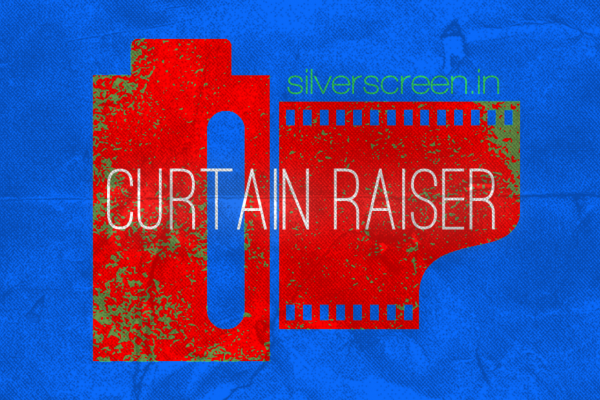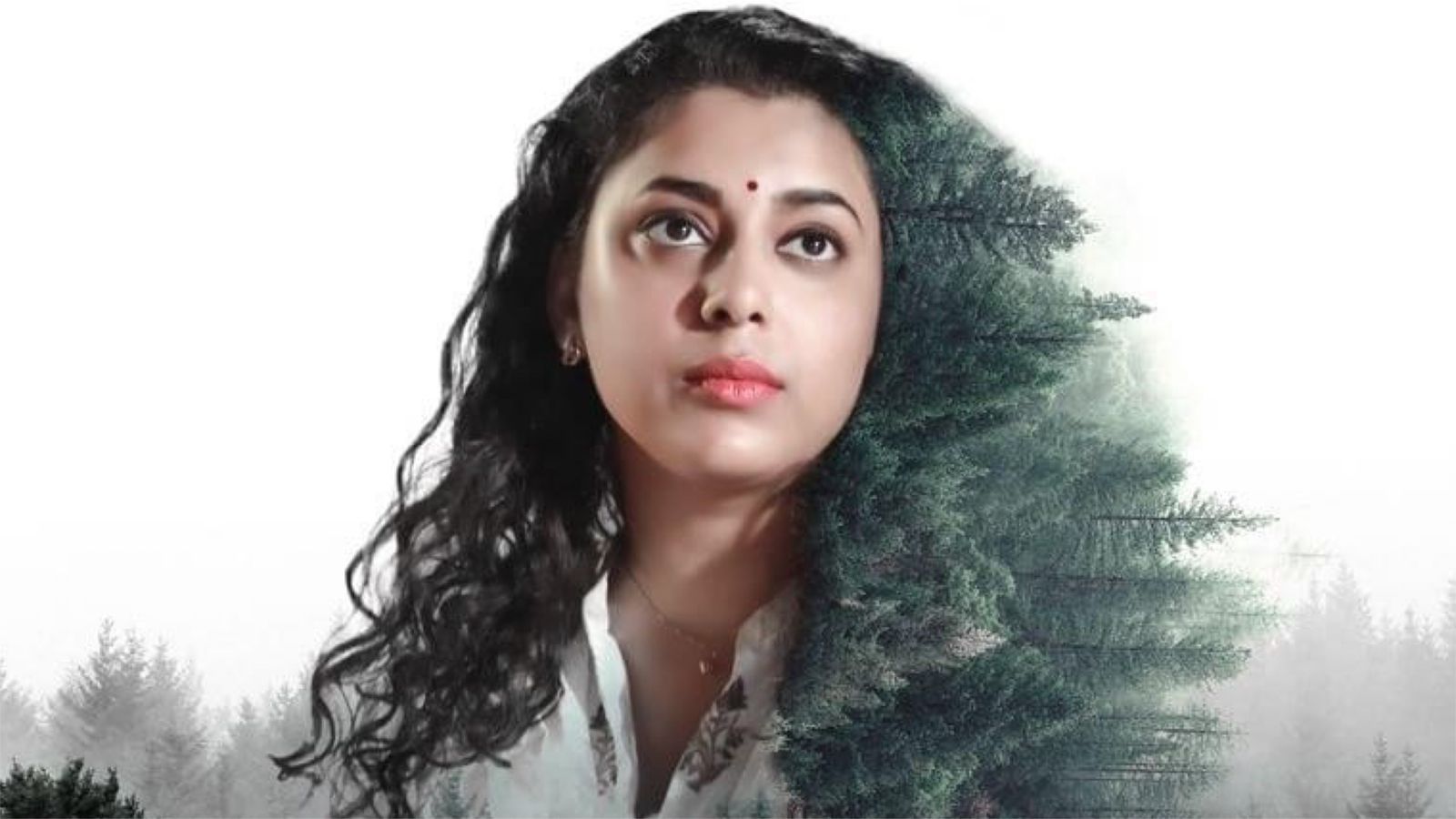Asking his younger cousin brother to hold the camera still, Rapper Dule Rocker on September 29, following a pre-recorded beat rapped, “Satta ye Satta, kursi ka khel hai, baande pade hai aurat, iss charitra ke Khel mein” (Politics after politics, this is a game of power, women are trapped in the game of character).
A Dalit rapper from Kalahandi district in Odisha, Duleshwar Tandi aka Rapper Dule Rocker was one of the first rappers to release a song protesting police action in the recent gang rape and murder of a 19-year-old Dalit woman in Uttar Pradesh’s Hathras district on September 14. Filled with anger and insult, he called the video #JusticeforManishaValmiki.
“The first question which came to mind was ‘who are they [the police] to burn the victim’s body?’ It was a rape case, and then they [the police] denied it,” he told Silverscreen India over a telephone call.
Another rapper, Mother OG, released a video on the rape culture in India on October 3. “Sarkar badal jaati, halat badalte nahi, aaj bhi inhe khakhi walo se wardi sambhal te nahi,” she said. (Governments change but still, the ones wearing khaki uniform do not know how to handle the power).
Music and rap have been tools of expression for artists and a form of dissent for generations. Holding a mirror to the society and its politics, protest rappers across India are taking up to discussing issues including democratic dilemma, rape, and farmers’ welfare.
Santhanam Srinivasan Iyer, a Kolkata-based rapper also known as EPR, has been making rap videos since 2005. A journalism student, EPR has written a number of raps on the inadequate coverage of issues including farmer suicide, foeticide and corruption. “In 2005, protest raps were not popular. People were more into artists like Honey Singh. I switched to rock music but I had always wanted to stick to hip-hop,” he says.
After the success of Gully Boy, filmmaker Zoya Akhtar’s 2019 Hindi film on the underground hiphop rap scene in Mumbai, he says that he was confident of the public is ready for “his kind of rap”. In 2019’s MTV Hustle, his song Ekla Cholo Re brought attention to the issue of farmer suicide. Since then, he has churned a number of raps on pertinent issues.
By mid-October, EPR aims to release a rap video called the Death of Democracy. “The song will take the listener through a range of issues including one on how the media has failed to be the fourth pillar of democracy. I have written on the Assam floods, the vilification of women, and the rising rape cases in Uttar Pradesh,” he says.
Although the internet has helped these artists reach out to a large audience, authenticity has now become a challenge. “Many protest rappers are now switching to becoming influencers. If they sell fancy t-shirts worth Rs. 1,200 and their rap subject is poverty then is it even revolutionary?” wonders Ranchi-based producer and rapper, Sumit Singh Solanki (23).
Recommended
Solanki says that he does not make music for activism but researches extensively on topics. He has also spoken about issues in his song Aparna from the eight-track album Sipping of Troubled Water, which narrates the story of Aparna, who was allegedly illegally detained in Ranchi. The woman, in the song, was coerced by authorities into accepting a crime linked with an LED explosion. Under the same album, he also talked about the Pathalgadi movement in Jharkhand, which was started by the tribals from Kunti District demanding sovereign authority.
“Most problems faced elsewhere in the country have been widely prevalent in Jharkhand but how many people are aware of it? Instead of making music on ‘popular issues’, I try to write more about the reality in Jharkhand,” Solanki says.
Shouting ‘Jai Jharkhand’ to a crowd from the stage of VH1 Supersonic, an annual music festival held in Pune, and the crowd chanting it back is one of Solanki’s fondest memories. He hopes to recreate more.



